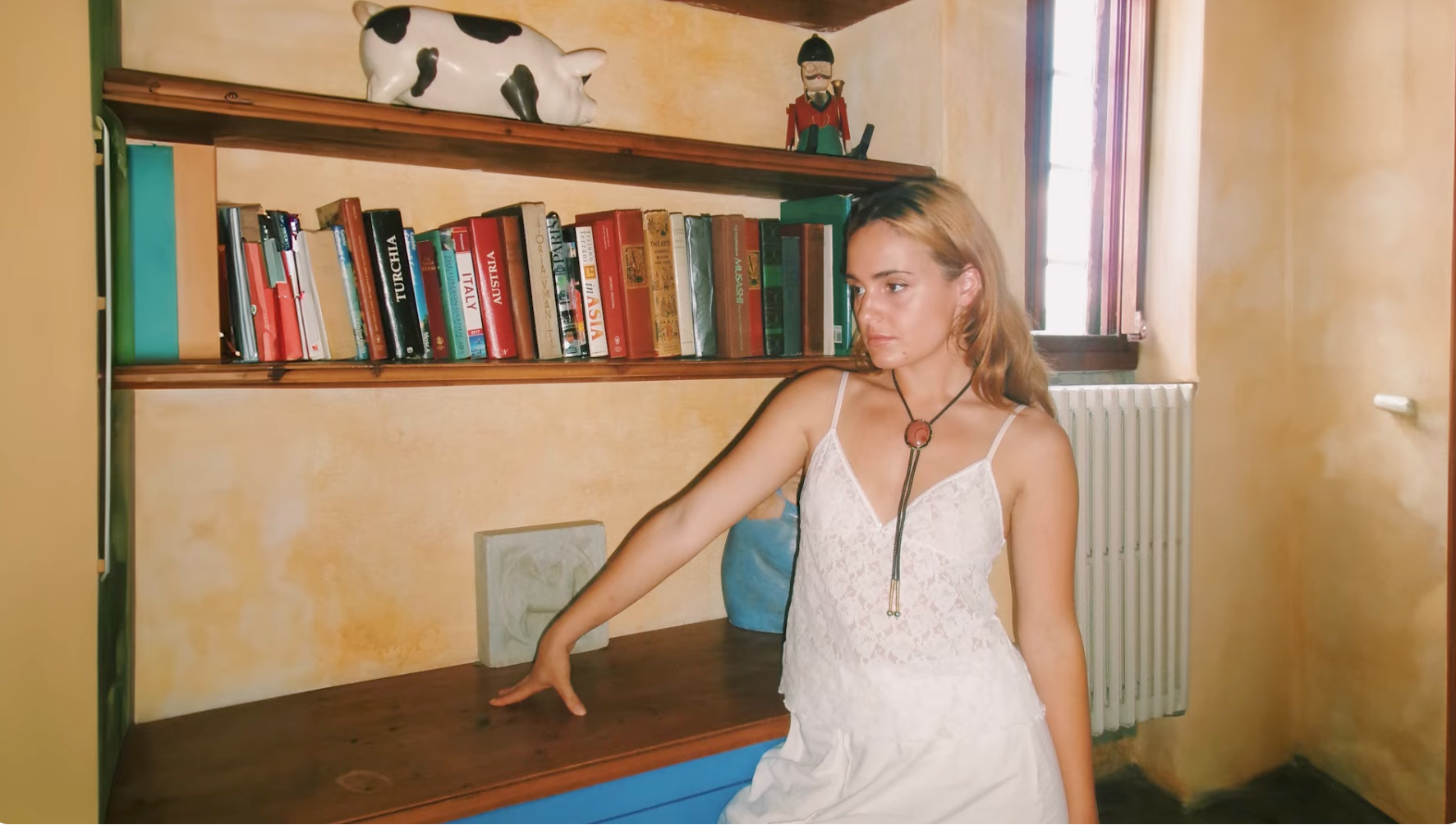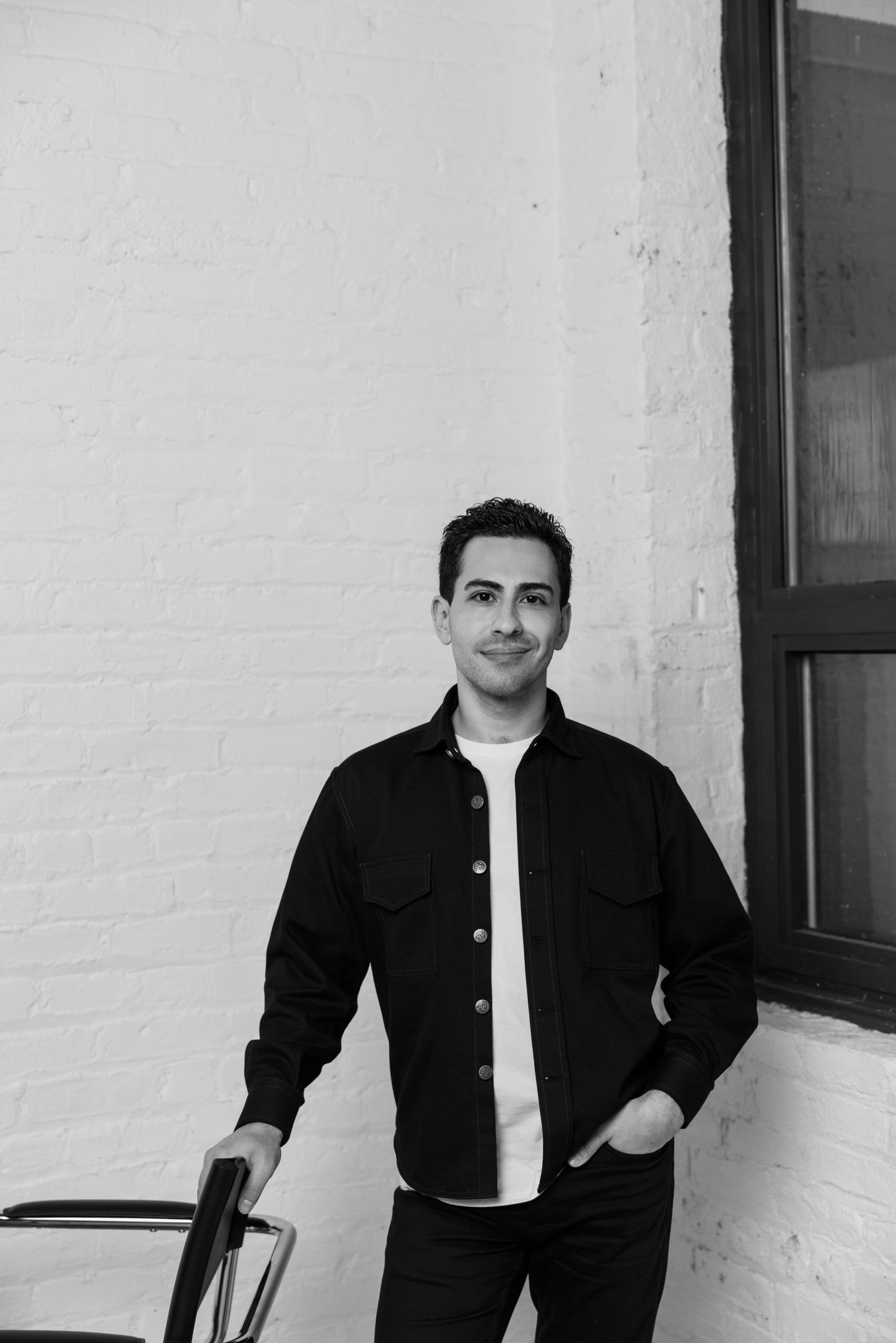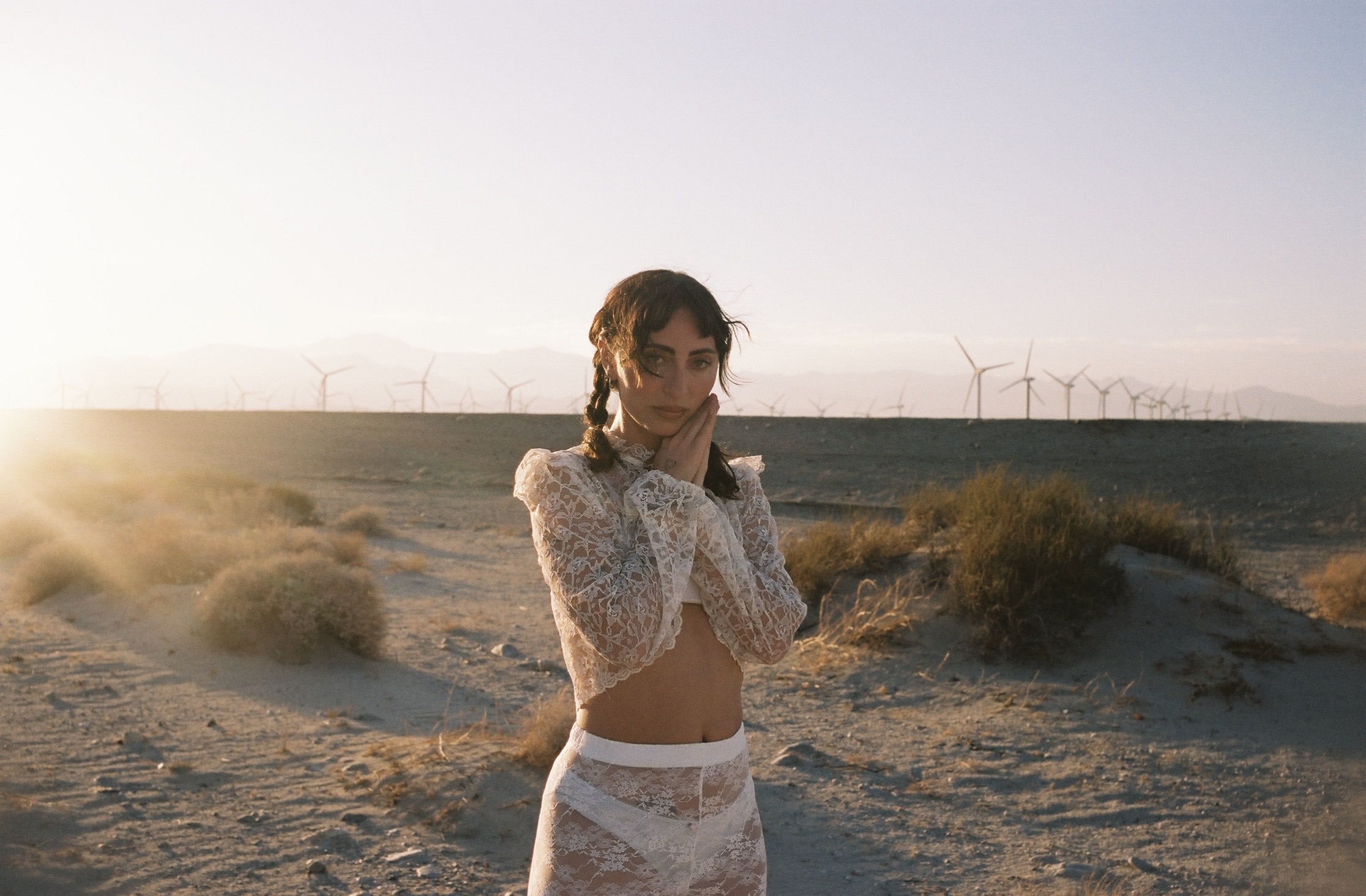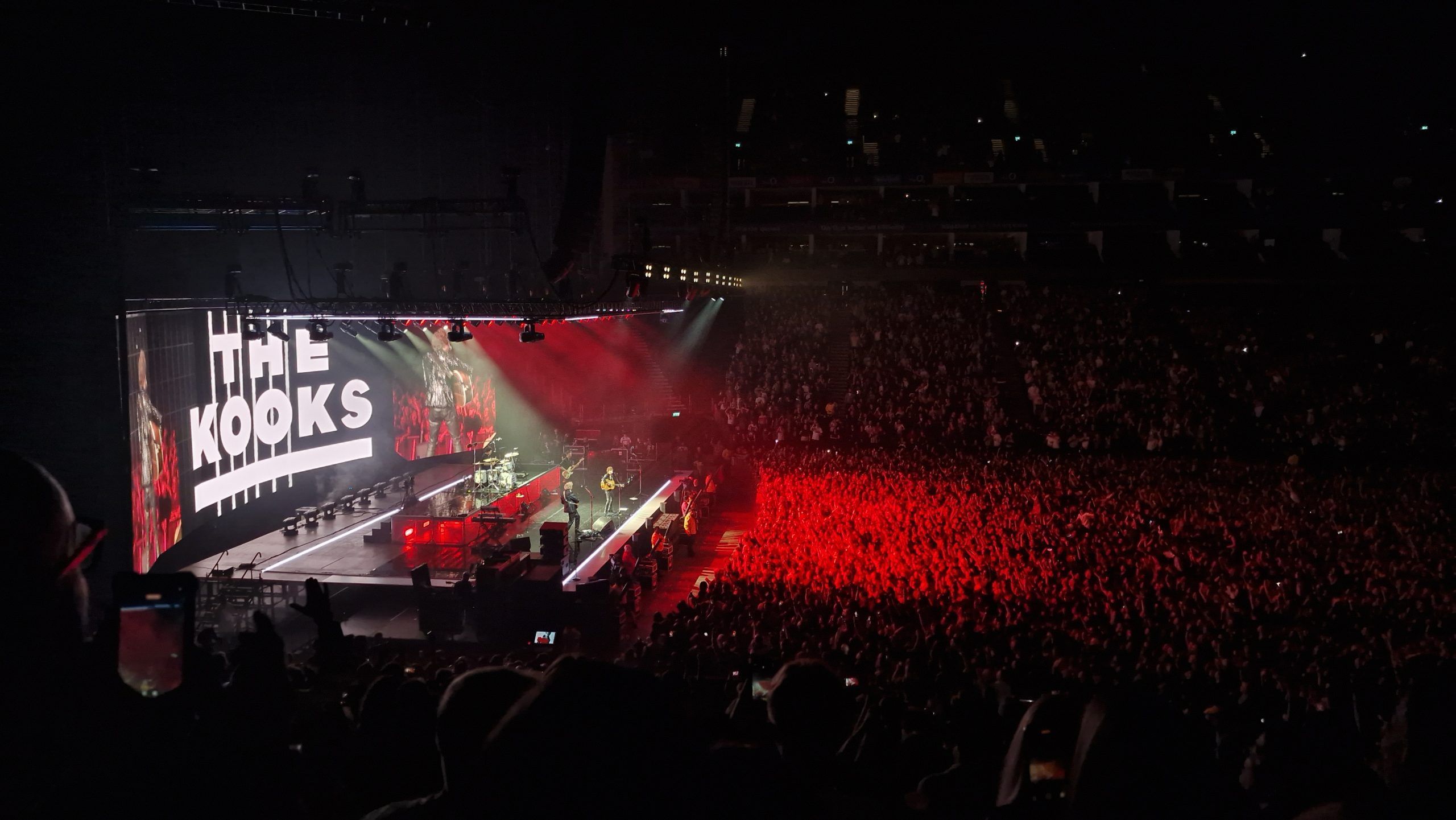Patoranking is a name that you may not think you know. However, when you hear the Nigeran Dancehall Reggae artist’s music, you suddenly realise that he is somebody who is not unfamiliar. Songs like Particula, Alubarika, and Girlie O are just a few tracks in his extensive discography. Patoranking is one of the most versatile artists, and his music has put on a level of stardom one would never have expected.
A celebration of this stardom has come in the form of his latest musical release, World Best, which speaks for itself. Celebrating his position in his career, music, and life, his latest album covers a versatile range of musical styles and artists, from Ludacris, Victony and Kizz Daniel, to name a few. It is a celebration and testimony to his career and everything he has achieved since his 2016 debut, God Over Everything.
The album speaks on several things and is true to Pato’s musical themes of happiness, thanksgiving, reality and life. These are prominent and present across the fifteen tracks, celebrating his career, achievements, and the brand new album. 1883 chats with Patoranking about everything from being a dancer, his musical influences, fatherhood, representing the people, being the world’s best and more.
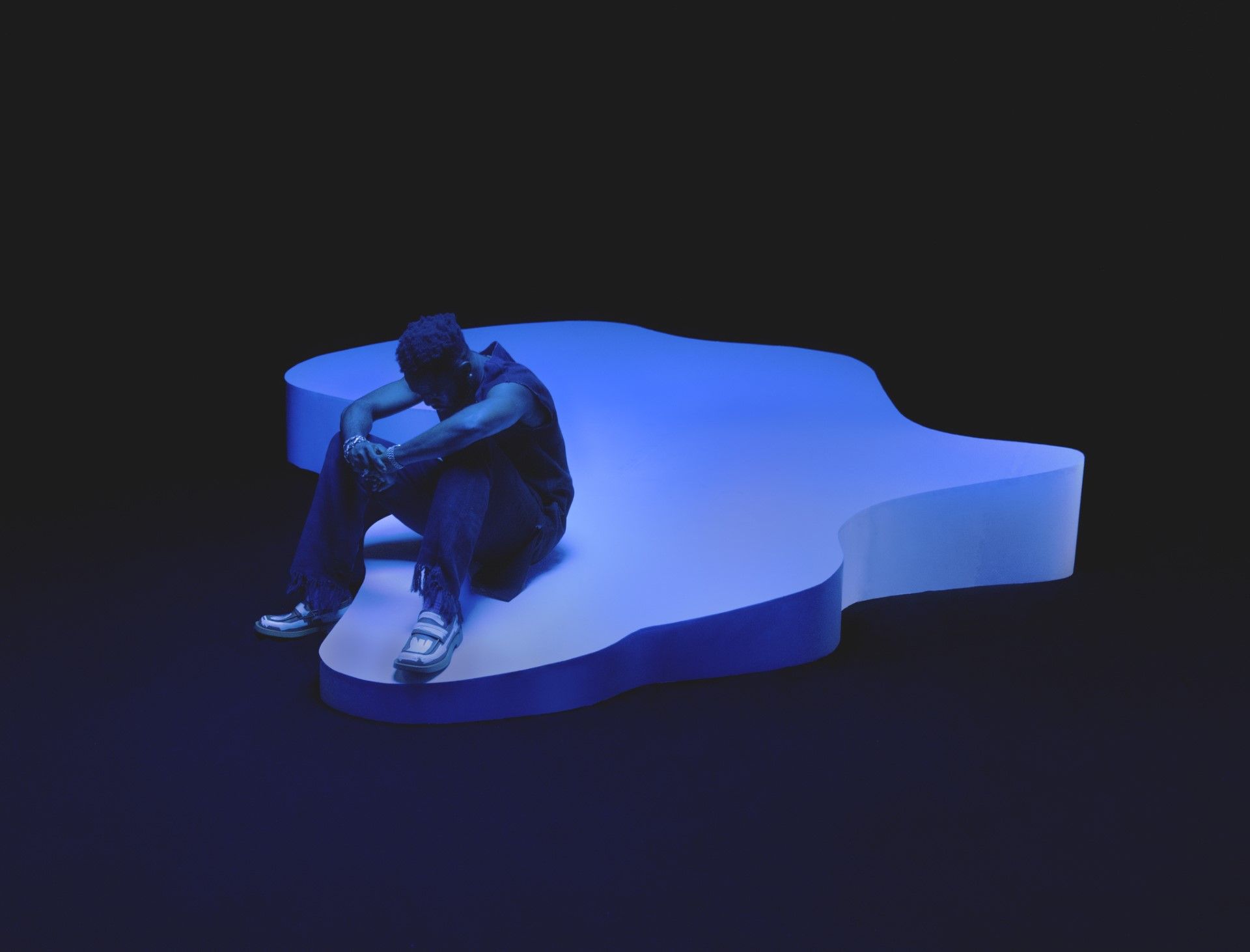
When did you first time you fell in love with music?
Music has been inborn. I remember my mom telling me we went to the market when I was about two years old to buy something. And the next thing, I was dancing in the market, and people started forming a circle around me. I heard a song playing, and boom, people began spraying money on me, and they said to my mum madam, this is your son with a sack of cash. So music has been part of me before I came to this world.
Initially, music was different from what you initially pursued. You started as a dancer; how did that happen?
The dancing part is a result of where I came from and coming from the ghetto, as we called it. Everybody who was born in the ghetto at least you must have a talent. Either you sing, you dance, or you play football. So, I started singing in church, and from there, I started dancing. For some time, dancing held the more significant part of what I was doing before I went back to singing again.
So for you being in the area you were, being a dancer and having this sort of creative expression. What was that experience like for you?
Where I grew up is a small place; if you are doing well, everybody sees it; if you are not doing well, everybody sees it. Being a dancer, I was popular amongst my age group, and what it did to me was I was able to move with the big musicians in the area. I was their backup dancer, a big deal amongst my age group. So everyone was like, yeah, Pato is a dancer. So when it comes to the carnival, and we’re just partying, it gets to a time when everybody forms a circle around you, and you are dancing, and you have the attention everyone is like, yes, star boy, and that was it for me. We were limited to our dreams in that sort of environment. You can’t dream much because everyone you look up to can see the end from the beginning. You know, it’s just waking up and praying and having faith that someday it will be bigger than this because there was no access to the internet. So the only way you can get all this information is when you go outside, and then that is it. That was it for me, and that was one thing that helped me going outside and leaving the ghetto.
Having had your experience as a dancer, was there a particular moment you knew you wanted to perform as a singer?
It is very important you pay attention to the environment and where you come from as well. Because, you know, if you look at it this way, the singing part of me did not just come like, oh, no, I have to sing because I want to sing or because everyone is singing, you know, I got influences as well. The music I listened to everyday growing up was also a big influence. The school as well, my school environment was another influence, even my community, even the people I danced for, you know, when you hear them sing, you look up to them and think, I’d like to sing someday. For me, it came as a challenge. Because my friends were like, if you do football, you’re here. If you dance, you’re here. Music, you’re here. I just had to focus on one. And that was it; that was a turning point for music that was when I took music seriously. I had to pray to God and said, “Show me where you want me to go, ” and it ended up being music.
Your style of music is a fusion of Afrobeats, Reggae and Dancehall. Who were some people you were listening to that influenced the music that you make?
I was listening to Bob Marley, Lucky Dube, 2Face and Blackface. These are people that I grew up listening to, and I love them because they all make music for the conscious mind. Conscious music is the only way we can speak to the people up there, like the government is trying to music, you know, fight them and talk to them. So, for me, those are the people that I listened to.
God Over Everything was the first album you put out in 2016, so how did that album help set your career?
It’s my first album, my first baby, you can’t you can’t explain that feeling with words. Like your first car or house, these are like feelings that you live with for the rest of your life. You know, so it’s a beautiful feeling; I’ve grown and am still growing from that time until now. It’s a beautiful journey that I have enjoyed.
What does your latest album World Best say about where you are in your career at this moment in time?
This album means everything to me. It means next level; it represents where I’m headed. It indicates where life takes me, and I’m happy with it. This is a big one for me, and in terms of my career and what it says about where I am, it says a lot about how we are going and how I feel about my music and my career at the moment.
What is the sound of this album?
Sonically, I’m trying to make music that everybody will see themselves like and vibe to. The way the sound and you will move to the sound for me is very, very crucial. With this album, I want you to feel and feel me and be part of the journey musically. If you listen to it, you understand; like I said, it sets the tone of what is to come. This album sets the base of what is to come, and it’s a journey you can enjoy. The only way you will understand it is if you listen and enjoy the music; that’s the only way you know we are going to. And that’s the only way you understand what the album best means.
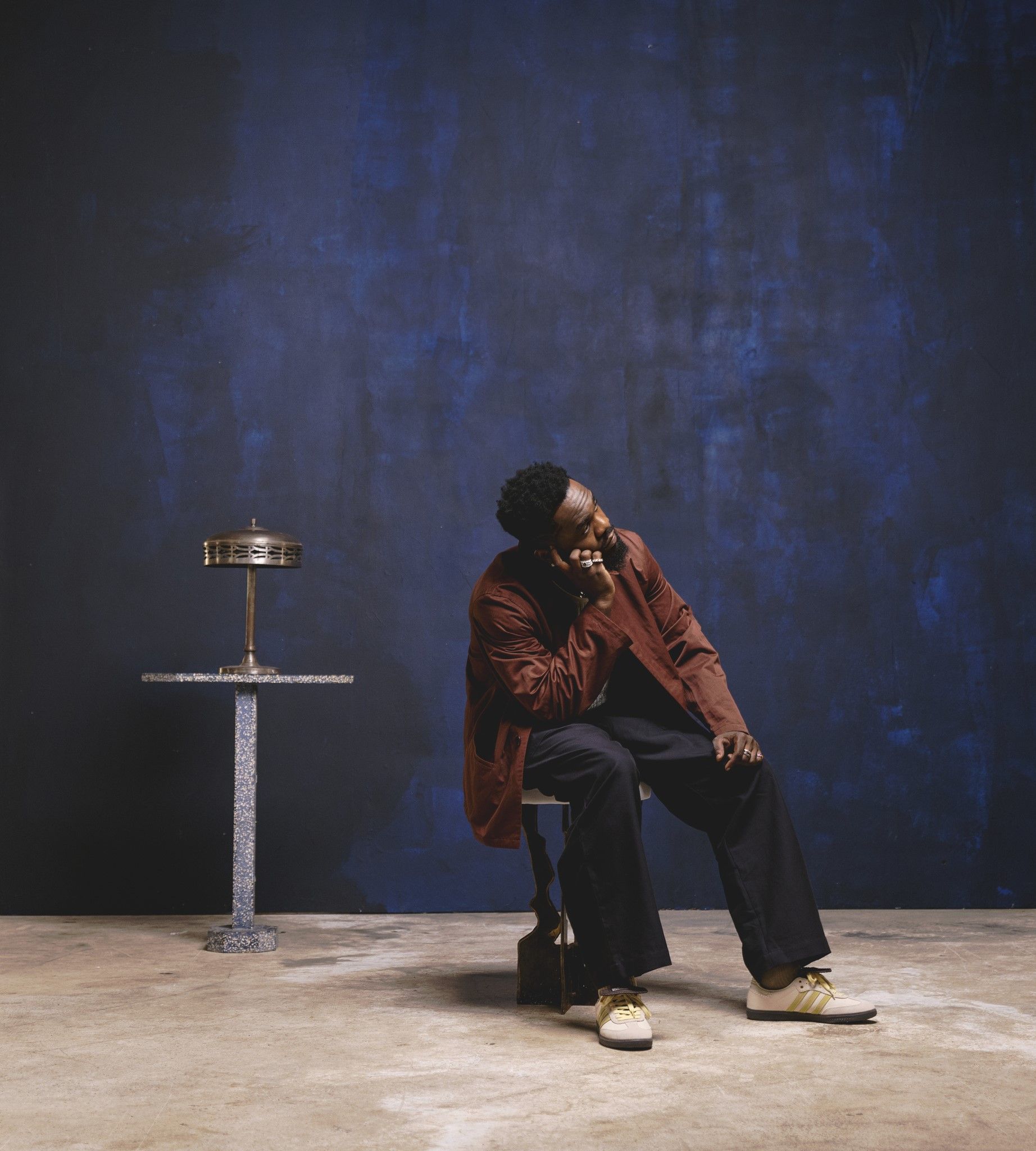
Prior to dropping the album, what type of preview did you want people to get from the singles?
The singles spoke for themselves in terms of the vibes of the album. Happiness, thanksgiving, reality, life. That is what the music I make stands for, so these are the things you will see when you listen to the album. You should be able to dance at the party simultaneously; while you’re dancing, you know that you have to give thanks, and on the other side, you have to understand that you have situations happening in Nigeria. And regardless of all these things, you still need to love somebody. So, if you listen to everything I just mentioned, now, these are the components of the songs that were released, elements of the songs that were released and what you hear when you listen to the album.
You’ve often said that your music is a way of communicating socio-political issues. Why do you feel its important for you to put in your music?
It’s very important because, remember, in my music, I speak for people, not just myself. I represent people. And the people I represent are people that I know, for certain that we share the same like-mindedness. They need a voice, so it’s very important for me to pass messages in my music to those people, either a message of love, hope, or happiness, because I represent people.
As that type of artist, do you feel obliged to speak about what’s going on and incorporate it into your music, making sure you represent these people and their voices are heard?
I use my music as the only place I have to talk, whether on social issues, political issues, love, or family. There’s a reason I have the platform, which is why I chose to speak. So, if I have to, and I do it in a very respectful way. However, the message needs to be passed on. I pass the message, but the most important thing is that you will get the message.
Speaking of family, I know that you are a dad. Your daughters are a big part of your life, how has the experince of fatherhood impacted your career?
It’s a beautiful feeling; money can’t buy that. Fatherhood had made me a better person if I was a good man. I learned from my daughters, you know, they’re my friends; we are always together. I love them genuinely; they love me, you know, the father and daughter relationship, the bond is different. So, it has helped me as a person, you know, and it has given me more depth about life. I understand life better, which has also helped and shaped my music career.
You held the position as a judge on The Voice Nigeria for some time, so in that experience, what was it like to see and work with the next generation of artists coming up?
As a coach on The Voice, I was just there to advise people; I was just there to support the younger ones, telling them how it is. If I have any opportunity to be of support to people, I want to do that, advice is very key. That’s the only way you can help them, especially when they look up to you, so that’s one thing about the Voice and my experience on the show. Aside from my experience in music, I also had to put out what I’ve experienced in life and show them what it is like to be an artist.
When you look back at everything you have achieved so far in your career, what has been the most significant moment?
There are so many, so many moments. I’m not going to lie; it’s hard to pick one, but I would say one that will then stick for a very long time is me performing at the World Cup and telling my mom I love you on that stage was very beautiful and so I feel like that is one moment for me that will last a long time.
What has kept true throughout your career and where you want to go next?
The only constant thing in life is change, and the more we live, the more we learn. So, while we grew up in life, we experienced different things. And at every stage of life, we keep seeing new things. That’s life. At that point, it was that music that everyone was tuned into and being an African, you don’t want to lose yourself doing what belongs to someone else. So I’m happy the world is listening to our thing now; everybody is on Afrobeats. So, if there was no, then there won’t be now. So, we have to evolve and keep growing. So, whatever comes our way, we must grow and learn with it and keep it moving. This is music at the end of the day; it’s what you love doing. So if you do what you love, you never have to work a day. So, I grew up in the ghetto listening to Dancehall and reggae music; if the sound right, knows Afrobeat, I’m an African, you know, it’s still in the blood, it’s part of me. So that’s my culture, that’s my heritage. So we’d still make music of that sound and music of the time. You are still determining what will happen in the next ten years, but we’ll still be here. You know, still making music.
World Best is out now, follow Patoranking via @patorankingfire
Interview Seneo Mwamba


